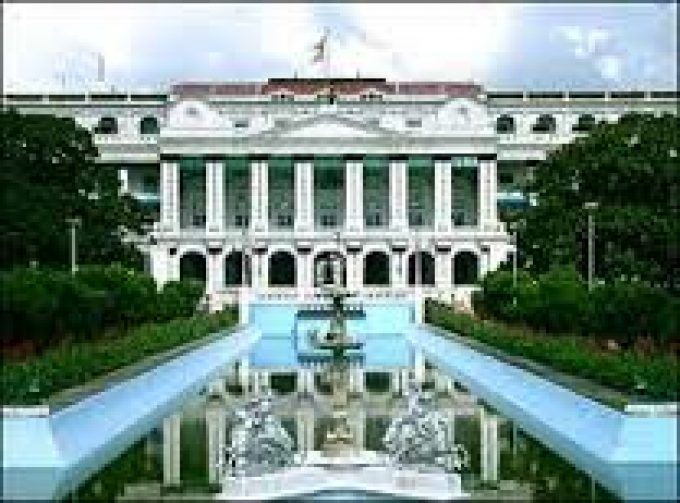In 1963, Government of Nepal established the Ministry of Economic and Planning(MEP). In addition to formulation of periodic plans, the MEP was given the responsibility of handling economic affairs of the country. The MEP was also charged with the responsibility of negotiating and concluding agreements with donors even though any formal procedures and mechanism to mobilize foreign aid in a coordinated manner were missing.
In 1968, the MEP was dissolved and a separate National Planning Commission (NPC), and the Ministry of Finance (MOF) was established. Since then, MOF has been responsible for all economic and financial affairs of the country.
The MOF is the central authority of Government of Nepal charged with the responsibilities for maintaining both micro and macro economic stability in the country. Moreover, the key role of the Ministry lies with the more rationale allocation of resources; better management of public expenditure; enhanced mobilization of both internal and external resources; greater performance in public investments and strengthening of public enterprises productive capacity; open and simple foreign exchange policies and regulation, and prudent fiscal and monetary policies.
Finance Minister remains at the Apex in the Ministry, whereas, bureaucratically it is headed by Finance Secretary. For practical purposes, the Ministry is further divided into various organization – Divisions and Departments.
The Divisions are located within the Ministry and manned by the Joint Secretaries, Under Secretaries, Section Officers and other supporting staffs.
- Revenue Advisory Committee
- International Economic Cooperation Co-ordination Division
- Budget and Programme Division
- Corporation Co-ordination and Privatization Division
- Revenue Administration Division
- Economic Affairs and Policy Analysis Division
- Administrative Division
- Legal Division
- Monitoring and Evaluation Division
Similarly, there are six departments:
- Office of the Financial Comptroller General
- Department of Customs
- Inland Revenue Department
- Department of Revenue Investigation
- Revenue Administration Training Center
- Department of Money Laundering Investigation
Office of the Financial Comptroller General is headed by a Special Class Level Officer and has its network in all 75 districts, whereas the Departments are headed by First Class Level Officer.
Also, a member of Agencies, Boards, Banks and the financial institution are overseen by the Ministry of Finance. They include:
- Nepal Rastra Bank (Central Bank)
- Securities Board
- Agriculture Development Bank
- Rastriya Banijya Bank
- Deposit Insurance and Credit Guarantee Corporation
- Stock Exchange Center
- Citizen Investment Trust
- Employees Provident Fund
- Nepal Insurance Corporation
- Bima Samittee


Comments 0